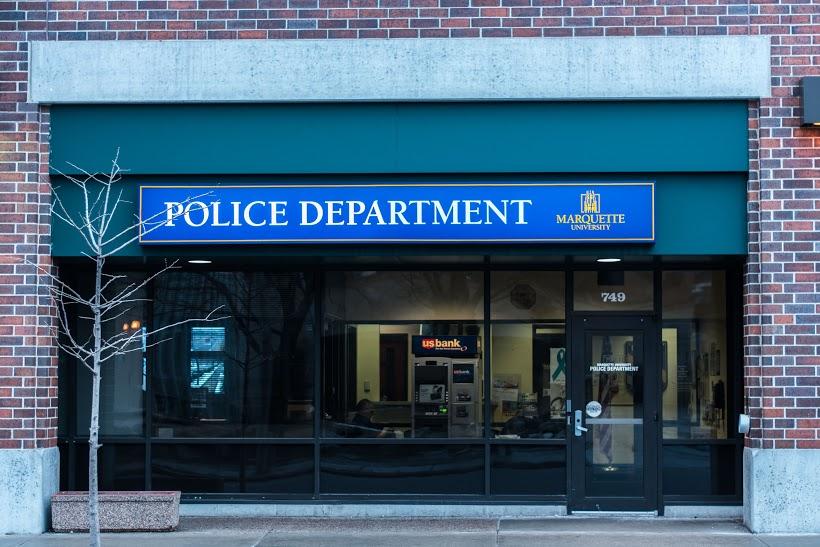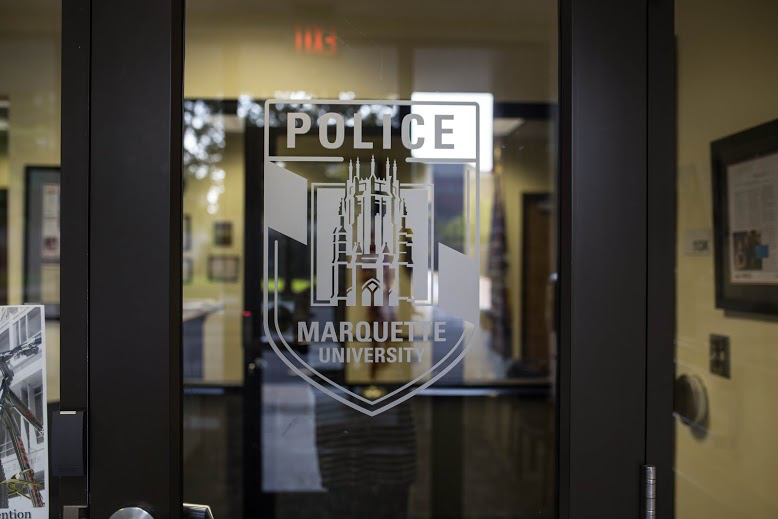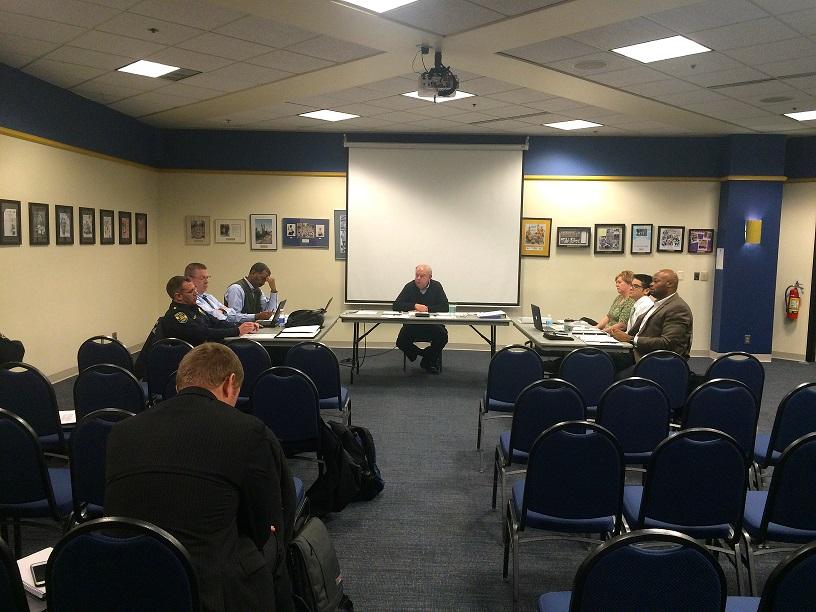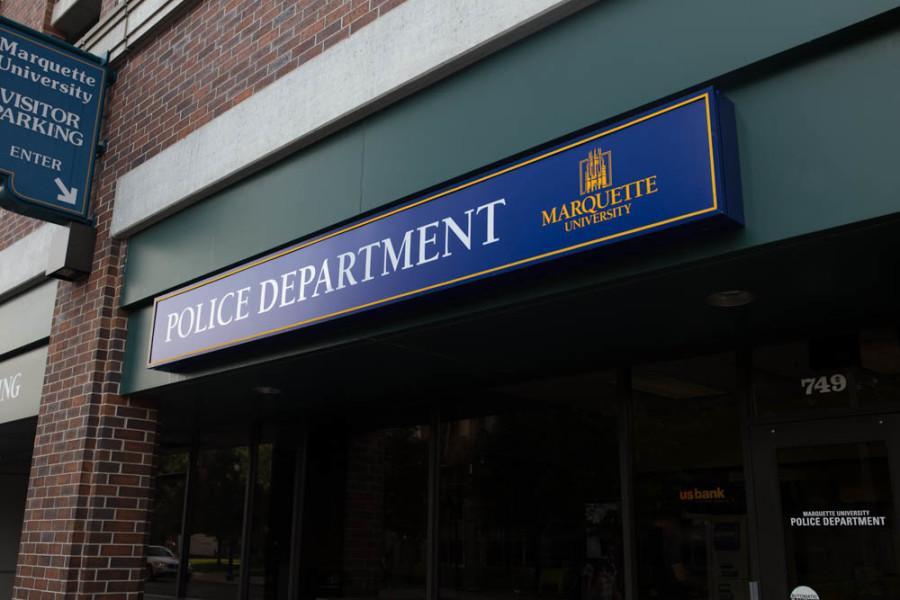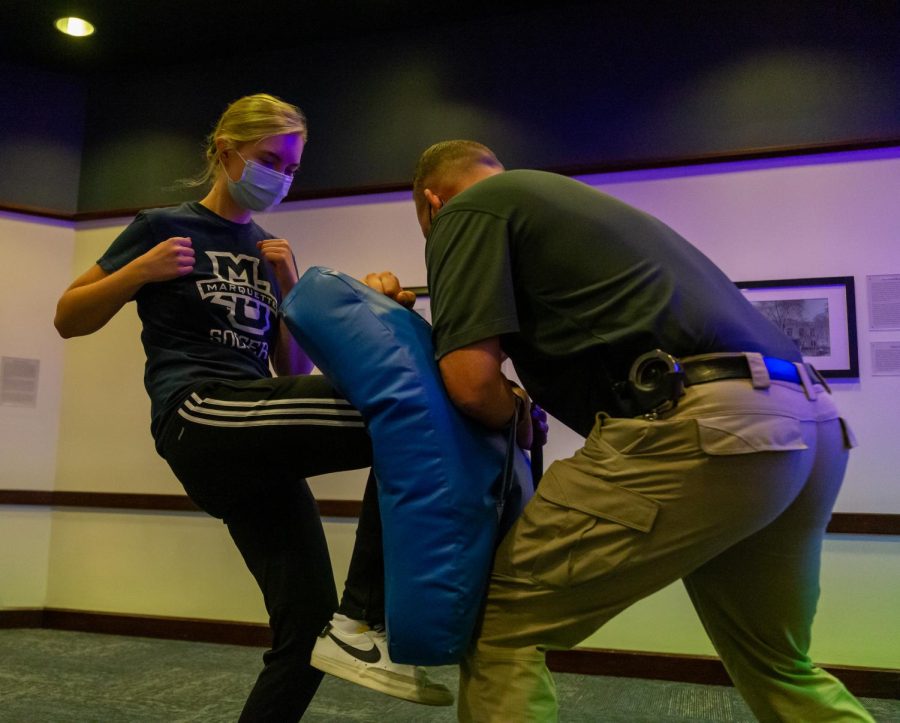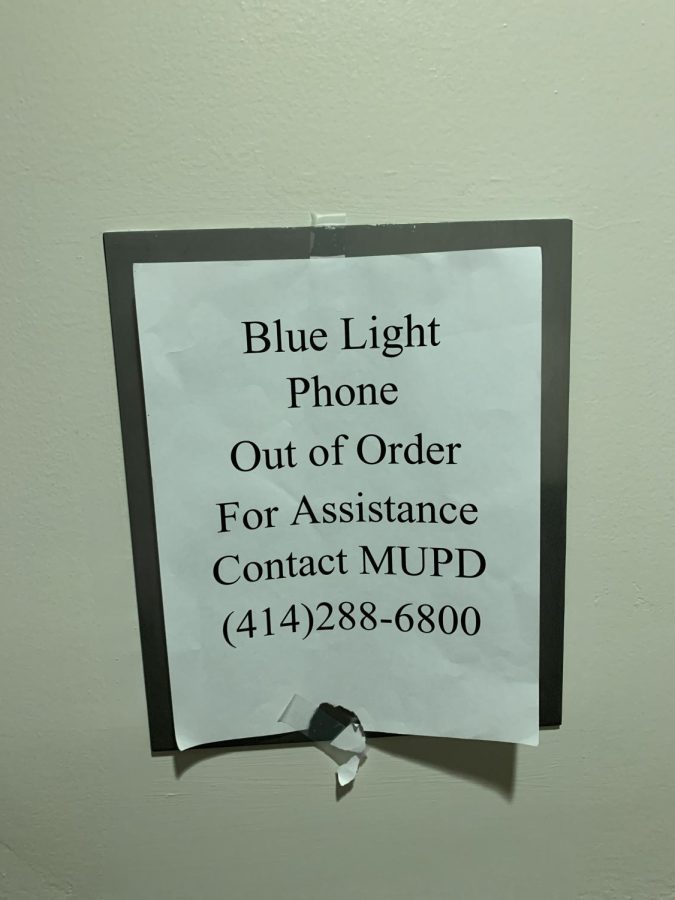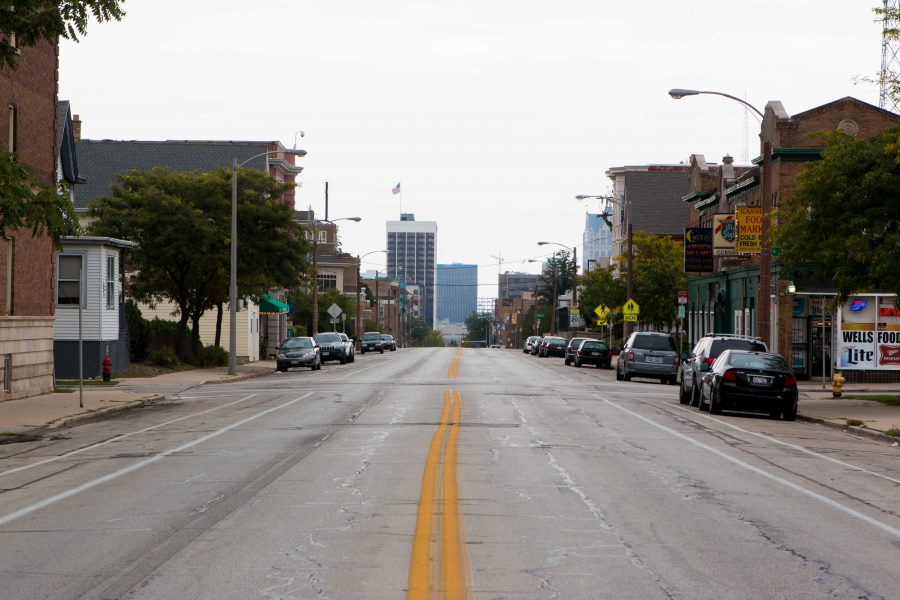As the Marquette Police Department approaches its third advisory board meeting next week, members are getting a feel of where their role fits in at the university.
Thomas Hammer, associate law professor and the board’s chairman, will be in the chairman position for at least three years. He said next week’s meeting will mainly cover additional MUPD policies and procedures.
The board was formed last November after MUPD was commissioned in April 2015. The board first met Nov. 10 and again on Dec. 8. They plan to meet twice per semester, but will also convene if something notable involving MUPD occurs.
In addition to teaching at Marquette and serving as a Milwaukee County Assistant District Attorney from 1975-’81, Hammer spent nearly 10 years as president of the North Shore Fire Commission, which oversaw the combined fire department of the seven communities north of Milwaukee. Prior to that, Hammer was a member of the Shorewood Police and Fire Commission for 10 years.
Herbert Lowe, vice chairman of the board and journalism professor, said the board is “more in the review stage than scrutiny stage” of advising MUPD. He said they mostly asked questions in the first two meetings so they could better understand how MUPD operates.
The board has no operational authority over MUPD. Its main purpose is to bring the respective interests of the groups it represents to MUPD. Those groups include the Marquette faculty, staff and student body, as well as the Milwaukee communities surrounding campus.
Hammer said getting input from the surrounding communities and someone not directly affiliated with Marquette is important.
“MUPD serves an area surrounding the campus that is on the Near West Side, and so we thought it would be valuable to have a community member … bring the perspective of the community to the deliberations of the board,” Hammer said.
Keith Stanley is the board’s community representative and the executive director of Avenues West neighborhood and the Near West Side Partners. Hammer complimented Stanley for the job he has done in bringing community issues to the board’s attention.
“(Stanley) has become very much the face of the Near West Side and Avenues West,” Hammer said.
Overall, Hammer said the early effects from MUPD have been positive.
“As good an operation as (the Department of Public Safety) was, now the MUPD is able to deliver an even higher level of service to the campus and the area immediately surrounding (it),” Hammer said. “The early indicators are that the way that MUPD is doing its business is having an impact on the amount of crime that is committed.”
University President Michael Lovell announced at his January Presidential Address that since MUPD was commissioned, there has been a 26 percent decrease in overall campus crime and a 34 percent decrease in campus robberies.
Hammer mentioned that access to various channels of police communication and police databases are helpful tools that MUPD utilizes.
The board has the option to have a closed session if necessary, but Hammer said transparency is a priority and closed meetings will likely be few and far between.
“We intend to do as much business as we can in open session, but because we’re dealing with a police department, there could be times when the subject matter is not appropriate for public discussion at the moment,” Hammer said. “It might be with respect to some type of crime-fighting strategy, or it might involve (police) personnel or a student who has certain privacy rights.”
Similarly, Lowe said the board is “available and accessible to anyone who has anything to say or learn about the department.”
As discussed during the board’s December meeting, MUPD is looking into the future use of tasers to subdue criminal suspects. There will be taser training sessions for MUPD officers next week, led by MUPD Captain Jeff Kranz. There are two separate eight-hour training sessions, one Thursday and one Saturday.
The anticipated date for possible taser implementation is unclear, as MUPD is at an early stage of research.
In the board’s first two meetings, they established and discussed its university-approved charter and went over MUPD policies and procedures, including fair and impartial policing.
The third meeting will take place Feb. 9 at 3:30 p.m. in room 157 of the Alumni Memorial Union. It is open to the public.

